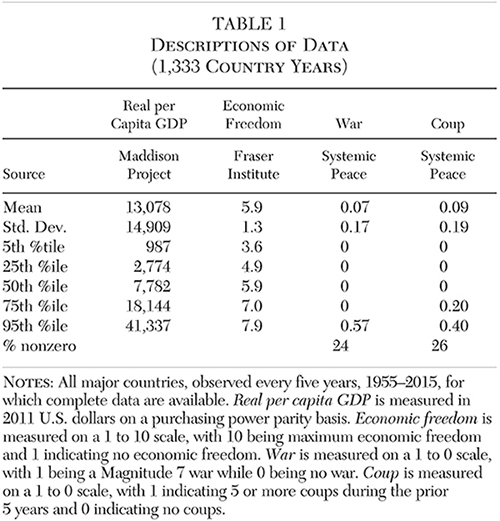
Unveiling Economic Warfare Consequences: Global Impacts
Economic warfare, a complex interplay of strategic economic measures, often leads to far-reaching consequences on a global scale. Understanding the repercussions of economic warfare is crucial for individuals, businesses, and governments as they navigate the intricate web of international relations.
The Dynamics of Economic Warfare
Economic warfare involves the use of economic instruments to gain a strategic advantage or achieve political objectives. Tactics range from trade restrictions and sanctions to currency manipulation and cyber-attacks. As nations engage in this multifaceted battleground, the consequences ripple across borders, affecting economies worldwide.
Trade Disruptions and Supply Chain Strain
One immediate consequence of economic warfare is the disruption of global trade. Tariffs, embargoes, and sanctions can lead to supply chain strain, impacting businesses that rely on international markets. This disruption can result in increased costs, decreased efficiency, and, in extreme cases, the collapse of certain industries.
Currency Volatility and Financial Instability
Currency manipulation often accompanies economic warfare, leading to increased volatility in global financial markets. Fluctuations in exchange rates can affect businesses engaged in international transactions, creating uncertainty and contributing to financial instability. Investors may also face challenges in navigating unpredictable currency markets.
Impact on Emerging Economies
Emerging economies, with less resilience and flexibility, are particularly vulnerable to the consequences of economic warfare. These nations may experience currency devaluation, reduced foreign investment, and challenges in servicing debt. The ripple effect can hinder their development and exacerbate existing socio-economic issues.
Strategic Use of Economic Sanctions
Economic sanctions are a common tool in economic warfare, aiming to influence the behavior of targeted nations. While they can be effective in achieving political goals, sanctions also come with unintended consequences. Ordinary citizens often bear the brunt, facing shortages of essential goods and services, leading to humanitarian concerns.
Technological and Cybersecurity Implications
Economic warfare extends into the realm of technology and cybersecurity. Nations may employ cyber-attacks to disrupt critical infrastructure, compromise intellectual property, or undermine economic stability. The consequences of such actions reverberate not only in the digital space but also across economies and industries.
Environmental Impact and Resource Allocation
Economic warfare can influence resource allocation and environmental policies. Nations may prioritize economic interests over environmental concerns, leading to overexploitation of natural resources and environmental degradation. Balancing economic objectives with sustainable practices becomes a challenging task.
Global Diplomacy and Collaborative Solutions
Addressing the consequences of economic warfare requires a concerted effort in global diplomacy. Collaborative solutions, such as multilateral negotiations and international cooperation, become essential. Nations must find common ground to mitigate the negative impacts and foster a more stable and cooperative economic environment.
Individual Preparedness in a Turbulent World
As individuals navigate the uncertainties arising from economic warfare, preparedness becomes paramount. Diversifying investments, staying informed about global economic trends, and adapting to changing market conditions can help individuals weather the financial turbulence caused by geopolitical economic maneuvers.
The Path Forward: Resilience and Innovation
In the aftermath of economic warfare, nations and individuals alike must chart a path forward. Embracing resilience, fostering innovation, and promoting economic inclusivity are key components of rebuilding and ensuring a more stable global economic landscape.
Explore the nuanced consequences of Economic Warfare here and gain insights into strategies for navigating the complexities of international economic dynamics.


